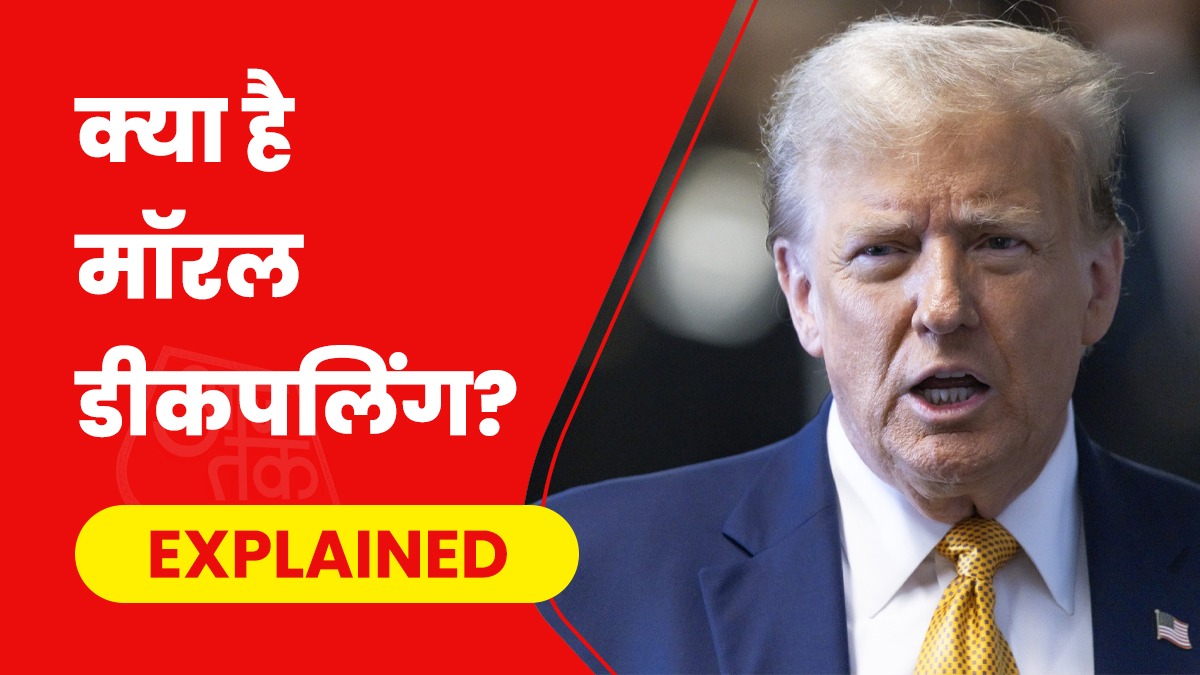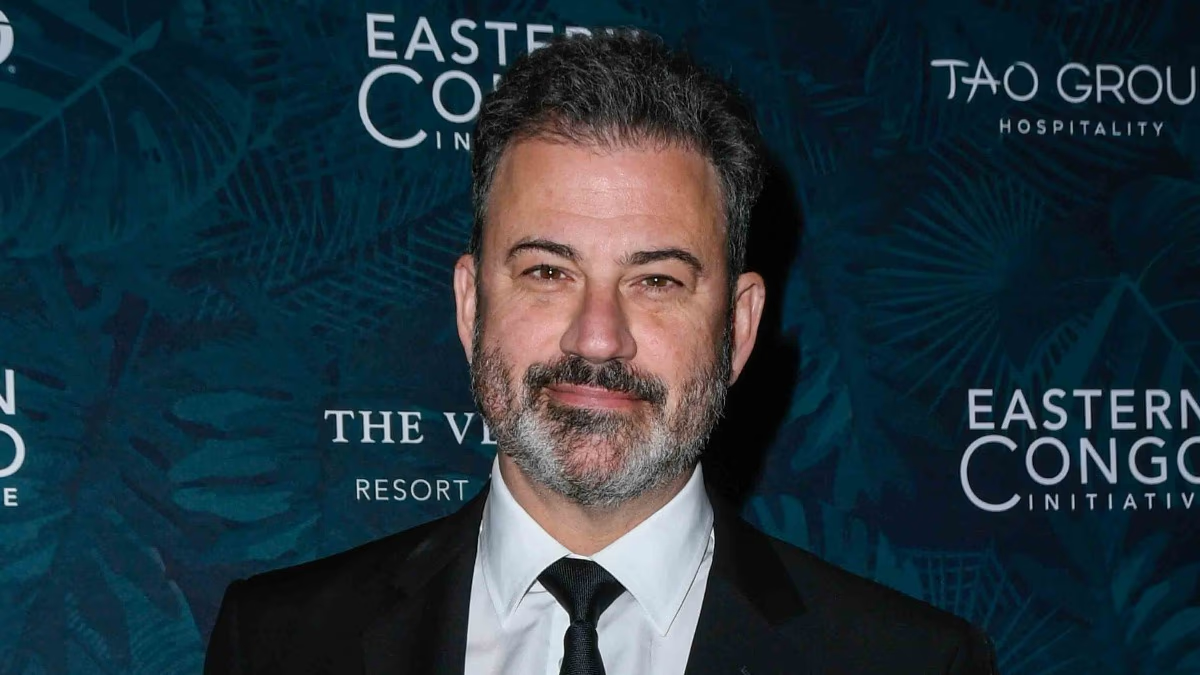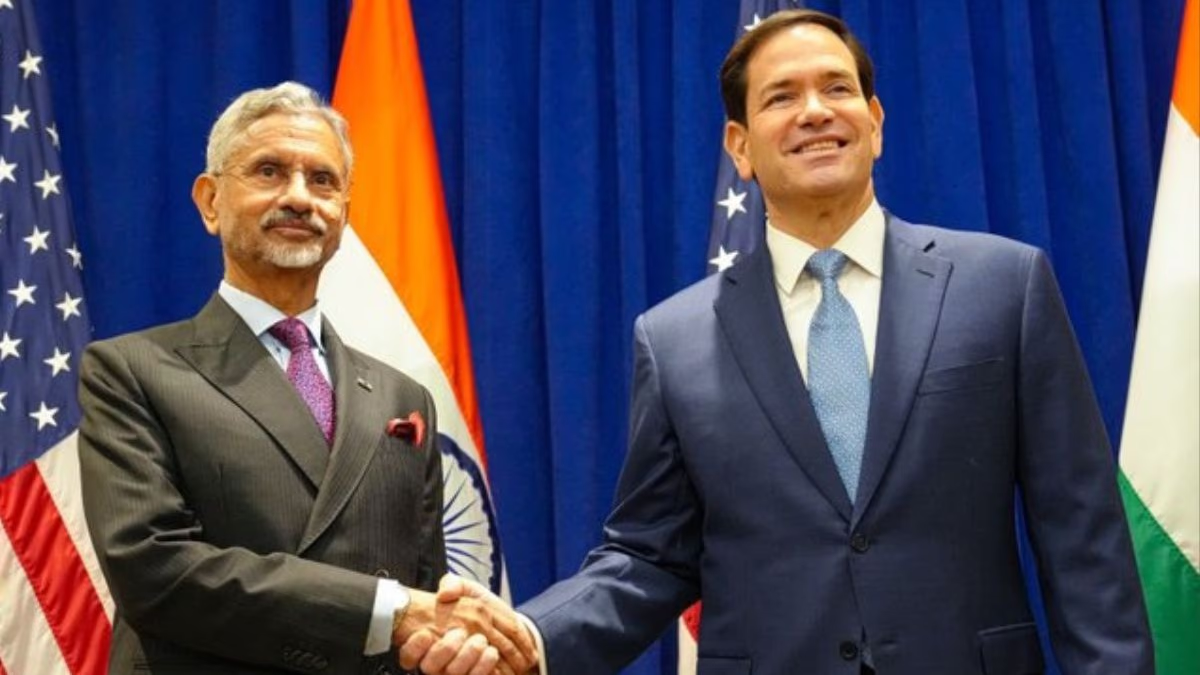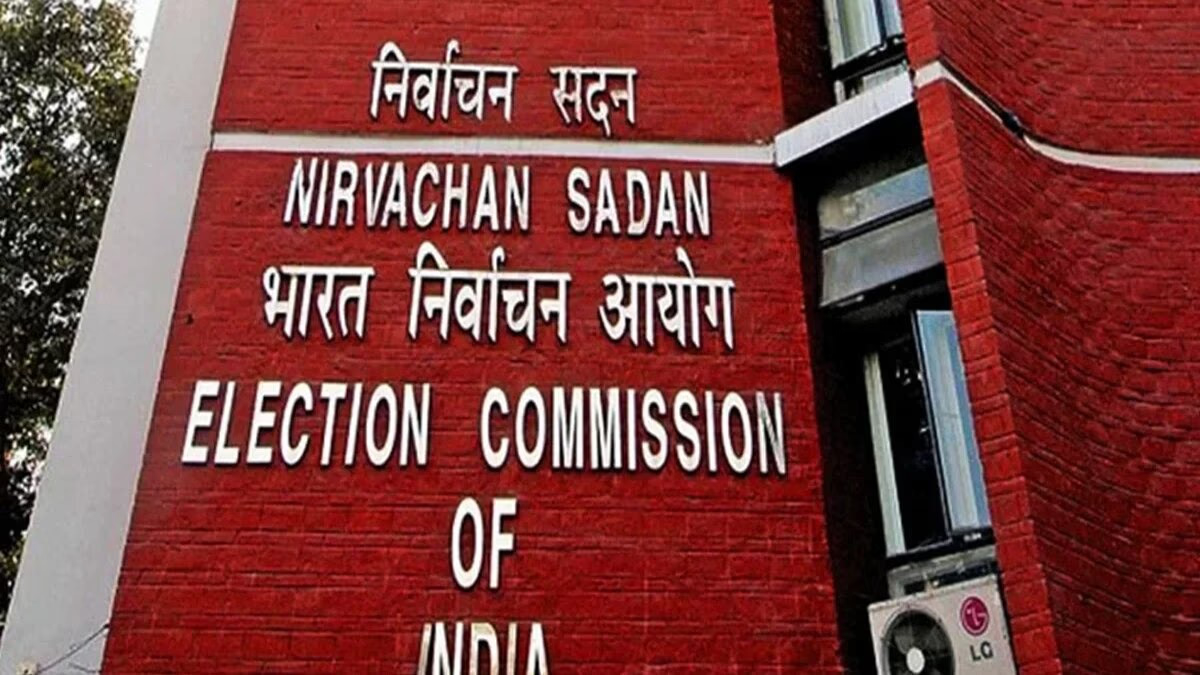Despite allegations implicating former US President Donald Trump in paying hush money to porn star Stormy Daniels, a court verdict on Friday pronounced him guilty. A defiant Trump remarked that the ultimate judgment will be delivered by the people on November 5th, coinciding with the US elections, raising questions about his unwavering confidence even after conviction.
Previous Sexual Misconduct Allegations Against Trump
Trump faced 34 criminal cases related to the 2016 presidential election, during which he allegedly paid a substantial sum to conceal the affair and protect his public image. He also faces three further criminal charges, with hearings scheduled after the upcoming November presidential elections.
In 2023, Trump was found guilty of sexual misconduct against American journalist and author E. Jean Carroll, stemming from an incident roughly three decades ago where she accused Trump of raping her in a changing room. Though the rape allegations were not proven, it was confirmed that Trump had engaged in sexual misconduct.
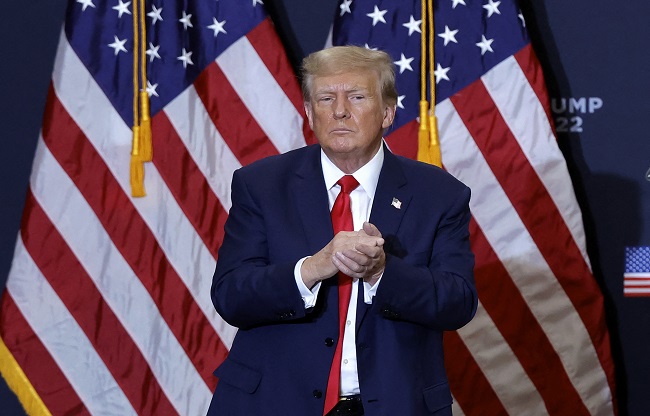
Source: aajtak
Despite numerous legal issues, Trump believes that he will come out triumphant in the November elections, and polls seem to align with his convictions. CNN's latest polls reveal a pro-Trump sentiment, with 55% of respondents acknowledging that the country was more successful during his tenure. Many states have shown opposition to current President Joe Biden's liberal immigration policies, whereas Trump consistently campaigns for stricter refugee regulations.
Moral decoupling plays a significant role in maintaining Trump's popularity. This is where public figures, especially notable ones, are judged not by their ethics but rather their performance. If their work benefits the people or their field, their moral character may be overlooked. This phenomenon is not unique to politics; it's prevalent in businesses that continue to garner customer loyalty despite accusations of employee exploitation. The bottom line is that customers or voters may acknowledge a moral failing but still regard the individual as proficient in their primary role.
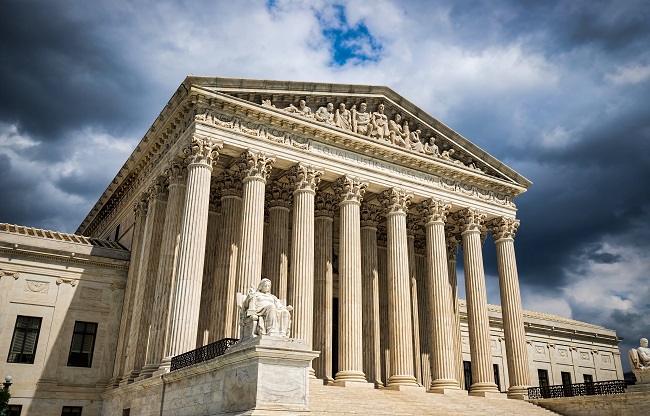
Source: aajtak
Instances abound where public figures' popularity has persisted despite sexual misconduct charges. Consider the steady increase in candidates with criminal backgrounds in the Indian Lok Sabha elections from 2009 to 2024 due to their powerful local influence. Movie stars have also managed to retain fan bases despite ethical controversies.
In the US, the wider acceptance of moral decoupling poses challenges. As voters increasingly separate a leader's performance from their ethics, the risk of moral corruption in public office climbs. Hence, there's a call for implementing ethical conduct standards to ensure leaders maintain moral integrity as part of their political duty.
Possible Consequences for Trump
Trump's sentencing is set for July 11th, with Judge Juan M. Marchán presiding. In theory, Trump could face imprisonment for nearly four years.
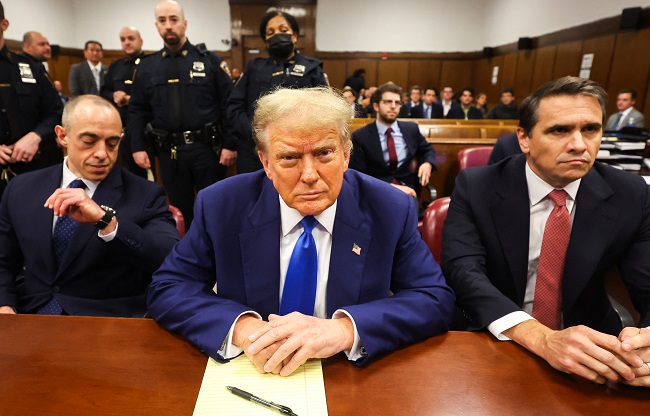
Source: aajtak
Impact of Conviction on Trump's Candidacy
The conviction won't necessarily impact Trump's presidential bid. The Republican National Convention in July could formally declare him as the party's Presidential candidate, and Trump plans to challenge the Manhattan court's ruling, potentially taking his appeal to the US Supreme Court. Moreover, US law allows a candidate to campaign from prison, reminiscent of socialist candidate Eugene Victor Debs' 1920 campaign from incarceration. The US Constitution does not preclude individuals with convictions from running for President.
Qualifications for Presidential Candidates in the US
According to the US Constitution, candidates must be natural-born citizens, at least 35 years old, and have lived in the country for no less than 14 years. While some American states prevent convicted individuals from running for local office, federal offices have no such restrictions.
